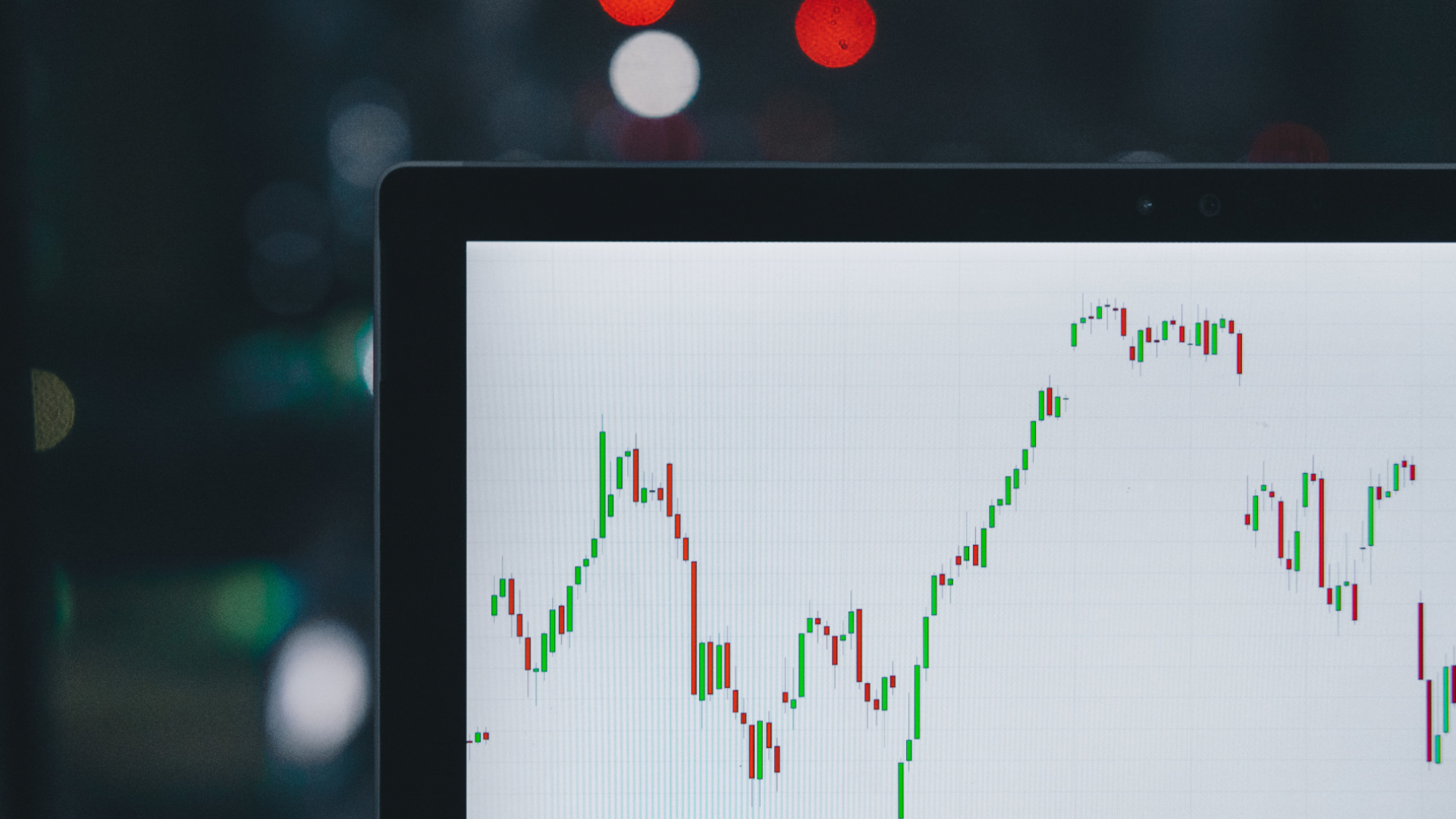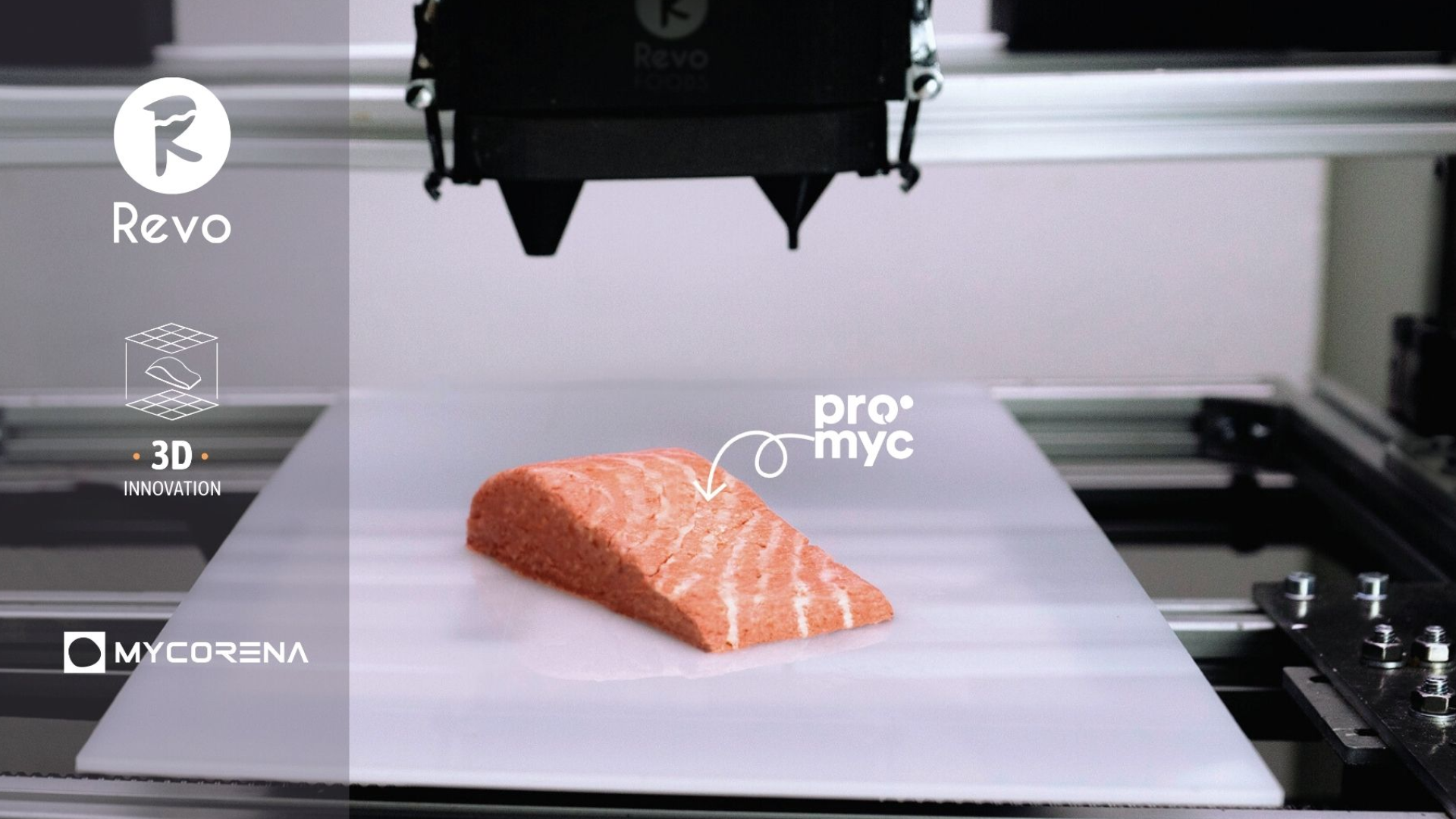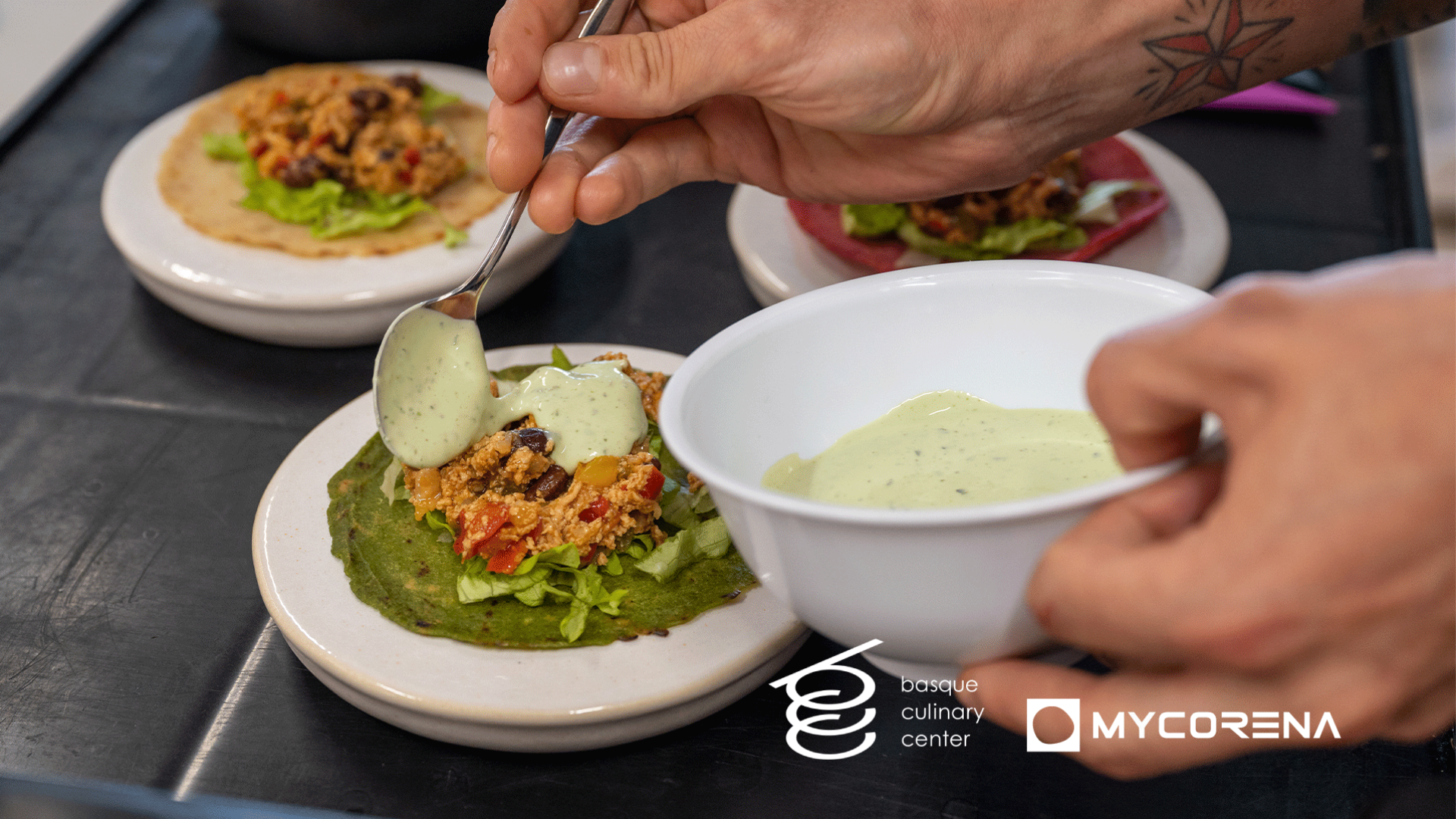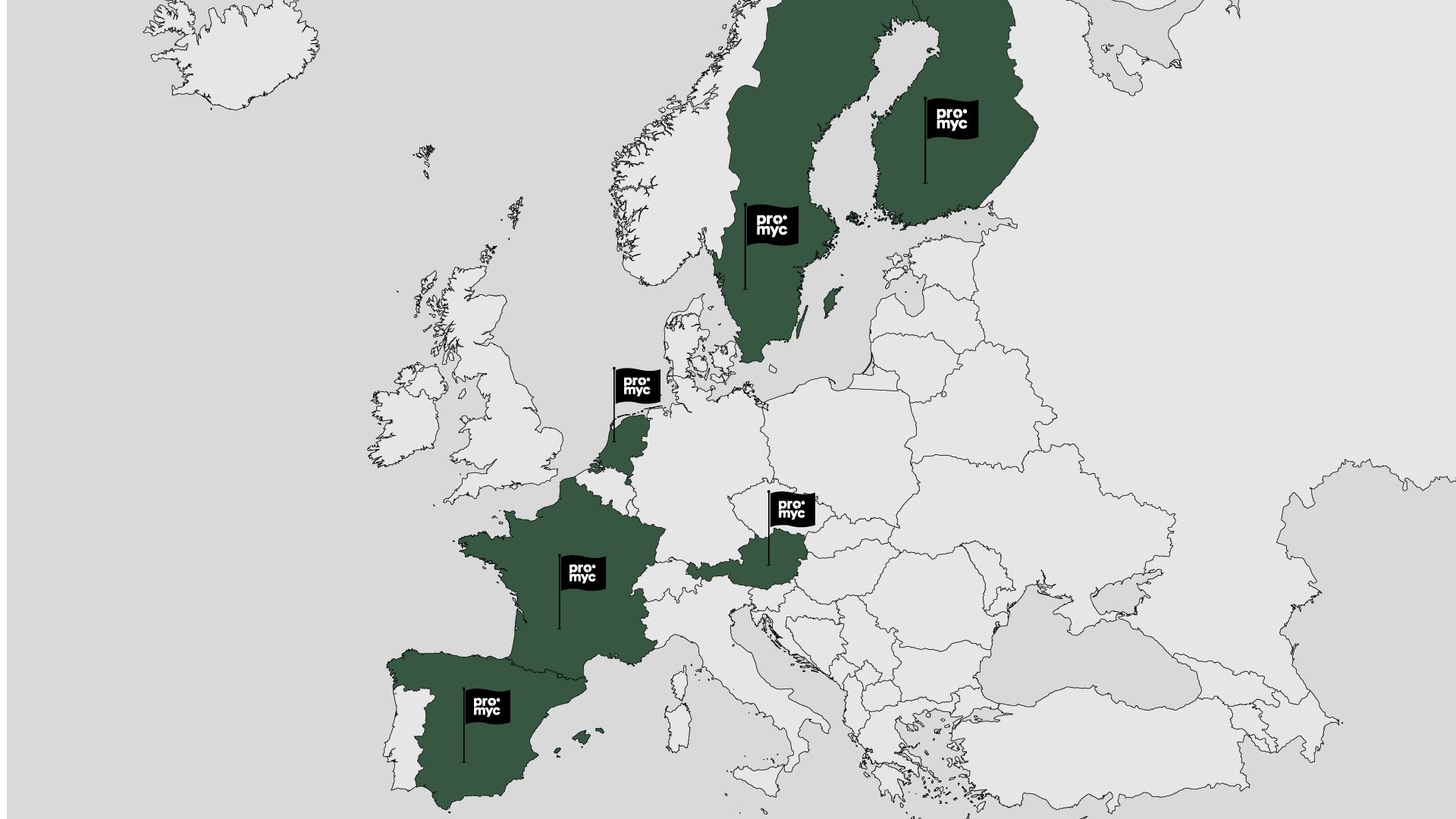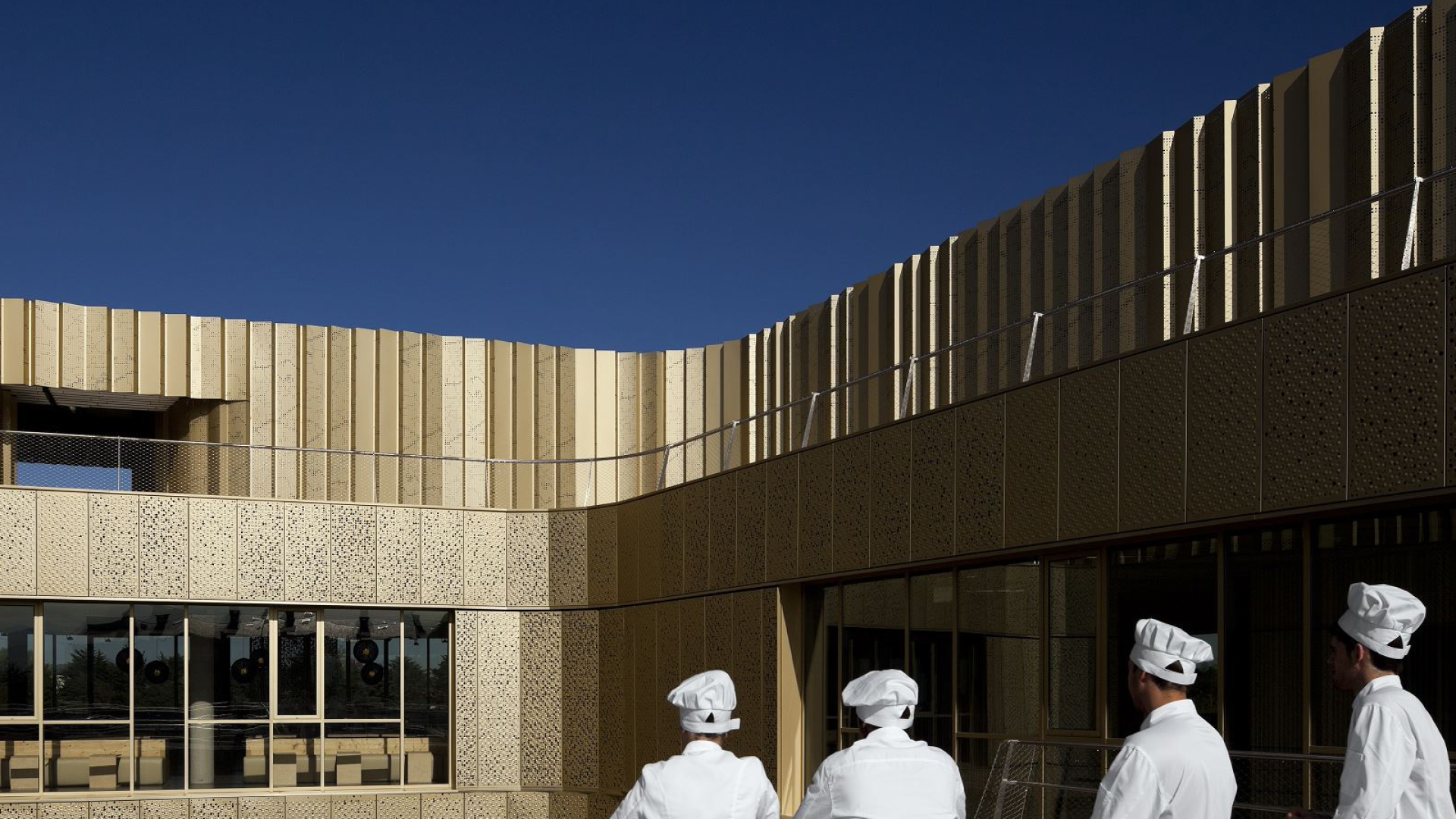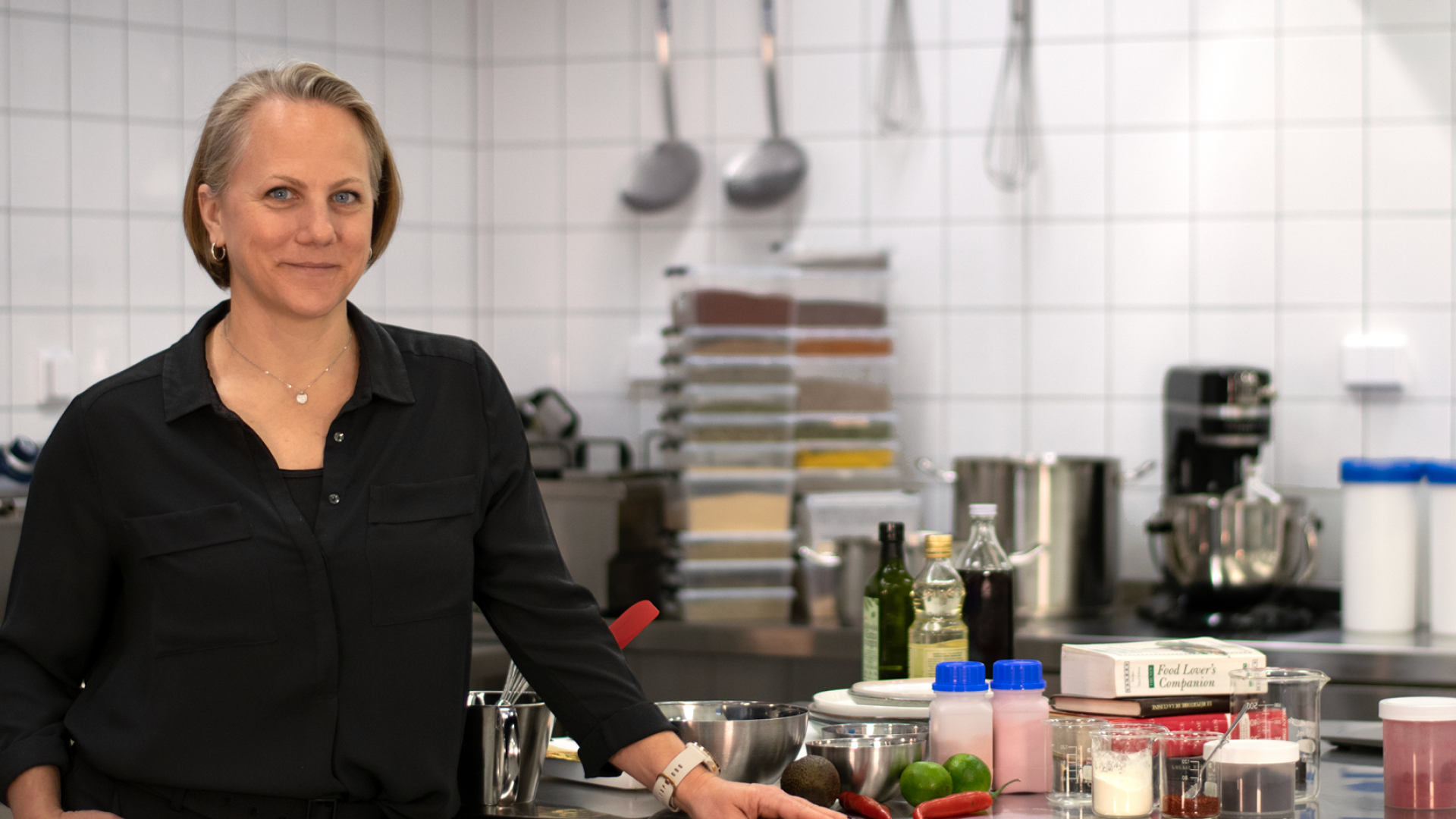Executive Summary
During the past few months, the conversation on global events has been heavily influenced by concern. Consequences brought by the ongoing COVID-19 pandemic raises crucial questions not only about how to ensure the health and wellbeing of people all over the world, but also about the ensuing effects on economy and markets. Industries across the board are in turmoil, and companies of all sizes fear that investor capital will dry up. While there is certainly ample cause for concern, we at Mycorena are optimistic about the continued viability of the agrifoodtech sector, and see many reasons to remain positive. Examining recent developments within the venture capital community, regional initiatives for startup funding and the global stock markets, we are confident that the agrifoodtech industry will continue to enjoy access to strong and knowledgeable capital and be able to continue contributing to a healthier, more sustainable world.
Introduction: Global Turmoil
During the past few months, consequences of the COVID-19 pandemic can be seen all over the world, across a multitude of markets and industries. Large sudden shocks to supply and demand have raised concerns that we might be heading into the next recession, and international trade has been undercut due to the closing of borders and consequential restrictions on the flow of goods, services, and labor. We at Mycorena are not unfamiliar with these developments, as the global food and agricultural industries have not been immune to negative effects. The entire hospitality industry has been hit with a heavy hammer, with plummeting revenues due to mandated shutdowns, quarantines, and policies for social distancing. Simultaneously, consumers are faced with a difficult situation as many supermarket shelves are found empty due to the stockpiling of staple foods and consumer products.
Aside from the fundamental challenges that the situation brings to international economies and global food systems, large negative effects are also experienced in the financial markets. During the past few months, we have seen large sell-offs across nearly all asset classes, and major stock indices have experienced volatility that has not been seen since the financial crisis of 2008-2009. Even outside the world of publicly traded corporations, tension is building as startups are becoming increasingly concerned that access to capital will be diminished for months to come. Governments across the world are launching emergency financial packages aimed at propping up strained industries, but whether these will get the job done remains to be seen.
Indeed, a grim picture has emerged. Fundamental shocks to the economy have trickled down to create large challenges for company funding everywhere, and entrepreneurs are understandably concerned for their companies’ survival. Just as many others currently do, we at Mycorena are therefore taking crucial steps to ensure that we can continue thriving despite an environment of ultra-high uncertainty. Simultaneously, we are very optimistic for the future. Despite all the present difficulties, opportunities for funding are abundant and there are many reasons to feel hopeful. In this article, we will shed some light on current developments within capital markets and agrifoodtech, and shed some light on the reasons behind our confidence.
Agrifoodtech Venture Capital Activity
During the past few years, competition in the venture capital industry has been fierce. Whether you look at the amount of active firms, the number of deals closed, or the ticket sizes of investments, growth can be seen everywhere. Agrifoodtech makes for an enlightening case study, as investors have been incredibly active in this space, and closed some historic deals in the near past. Examples from last year include Impossible Foods $300 million Series E financing round, Beyond Meat’s $240 million IPO, and Ynsect’s legendary $125 million Series C funding in 2019, which was the largest early-stage agrifoodtech funding round in European history. The emergence of the COVID-19 pandemic does not change this fundamental dynamic, and there are compelling reasons to believe that agrifoodtech remains an attractive and future-proof investment despite the present turbulence. Supporting this is the fact that the current situation has raised important questions and exposed fundamental drawbacks in the current food system, which could mean that even more investors will be urged to join the race for scaling the next big agrifoodtech innovation.

In fact, even as the COVID-19 pandemic has approached critical levels, venture capitalists have not slowed down to funnel resources into the agrifoodtech space. The past three months have seen some of the largest investment rounds ever closed within the sector. As recently as in the beginning of March 2020, Impossible Foods sourced a whopping $500 million from renowned investors Mirae Asset Global Investments, Temasek and Horizons Ventures. This deal showcases that investors do not shy away from large challenges, but rather step up to face them, as part of the capital will be used to ensure an ability to “Continue to thrive in a volatile macroeconomic environment, including the current COVID-19 pandemic.” Earlier this year, we also saw landmark investments of $225 million and $161 million into plant-based beverage producer Califia Farms and cultured meat innovator Memphis Meats.
At Mycorena, we are confident about the opportunities for having access to capital also in the near to medium-term future. As was correctly pointed out by Impossible Foods’ CEO Patrick Brown, events such as the COVID-19 pandemic highlights the importance of a reliable, future-proofed food system, and shows that “The urgency of our mission only grows.” If they haven’t already, global investors surely realize that this is an indisputable fact. Indeed, the prominent venture capitalists within our field shown no signs of slowing down, and we are confident that more actors across the globe will follow suit.
Alternative Funding for Strained Agrifoodtech
Despite the fact that prominent investors are doing what they can to ensure the continued growth and success of global agrifoodtech innovators, we still have to be prepared for some degree of slowdown in the allocation of funds to startups. Despite our general optimism, we are not blind to the fact that certain venture capitalists will become more defensive in order to safeguard their assets. Unfortunately for some agrifoodtech startups, this means that alternative sources of funding need to be explored with high urgency. Thankfully, international governments, foundations and non-profits have taken exemplary measures to ensure the survival of both large corporations and entrepreneurial ventures, and several attractive opportunities are available for the active business leader. While it is easy to envision that many will be aimed at MedTech and Pharma solutions, innovations within agrifoodtech are well-deserving of additional support due to their ability to enhance the rigidity and responsiveness of the food system, which will be crucial for thriving despite COVID-19 and potential future crises.
Several central banks, including the U.S. Federal Reserve, European Central Bank and Swedish Riksbank have launched economic emergency packages aimed at maintaining liquidity and access to capital for firms. Simultaneously, various organizations are rallying to provide critical funding for entrepreneurs and innovators who have found themselves in a dire situation. Examples include a €164 million European Commission call for startups, a Swedish joint funding initiative between Norrsken Foundation and Dagens Industri, and European national microfinancing loans from organizations such as British Business Bank, KfW, and Bpifrance. To further increase the short-term viability of commercial ventures, many governments have also mandated that tax payments can be deferred and that rent payments can be cancelled.

At Mycorena, we have the support ecosystems for funding and innovation a lot to thank for. Judging by the rate at which new initiatives are being rolled out, so will many others. Seeing these broad initiatives be launched in such short timeframes makes us optimistic about the future competitiveness and viability of the growing agrifoodtech sectors. We would now like to urge all innovators within the food system to make good use of these resources that have been employed, and to use every measure available to help creating a better and more resilient food chain of the future.
COVID-19 and The Stock Market
What about the stock market? What can we learn about the current allocation of capital to the food system by examining trends and developments for publicly traded corporations, and what are the implications for agrifoodtech startups?
Since the turn of the year, publicly listed companies in all industries have seen their valuations drop as a result of wide sell-offs. Effects from the COVID-19 pandemic and ensuing concerns are surely to blame at least partly for these sharp declines. Some sectors, however, have fared better than others. Looking at information on current events in the global stock markets, it becomes reasonably clear that fields relating to agrifoodtech have done better than many others in retaining investor confidence. According to Fidelity Investments, the industries of Food & Staples Retailing, and Food Products have all significantly outperformed broader stock indices as of 2020-03-17, providing investors with relatively higher safety of principal in an otherwise ruthless market. It is not difficult to understand why. Despite the large challenges facing the food systems, people will always need to eat and purchase basic necessities, even if consumption patterns are temporarily distorted by large shocks to supply and demand at the retail level. This is also why, historically, food products and other consumer staples have been viewed as excellent industries to invest in during economic downturns.

Biotechnology is another industry where the effects of this wider sell-off have been less prominent. While this is certainly attributable to sudden demand surges for pharmaceuticals, we should not forget that the sector also plays a pivotal role in creating the agrifoodtech system of the future. Whether it be advances in crop science, livestock medicine, synthetic food additives or entirely new food production methods (such as cultured meat or microbial protein), our strong claim is that biotechnology is the number one industry to invest in for a future-proofed food system, and activity on the capital markets provides solid indication for it.
Conclusions
No commercial entity exists in a vacuum, neither does Mycorena. As a result, we are monitoring the current developments relating to COVID-19 with great concern, and are working hard to ensure that we can continue contributing to a future-proofed food system capable of handling crises and shocks. Still, due to the recent trends within venture capital investments, regional startup funding and the stock market, we are feeling optimistic about the future. There is little apparent evidence to support that agrifoodtech innovation will be made any less relevant as a result of the COVID-19 pandemic, and we believe that the capital markets provide evidence to this claim. Our recommendation to founders and backers of agrifoodtech all over the world is to not shy away from the large challenges we face, but rather to stay strong and continue working tirelessly to promote the shift to a healthier, more sustainable, and more rigid food system of the future.
Author:
Anton Johansson
IP & Finance Lead at Mycorena
